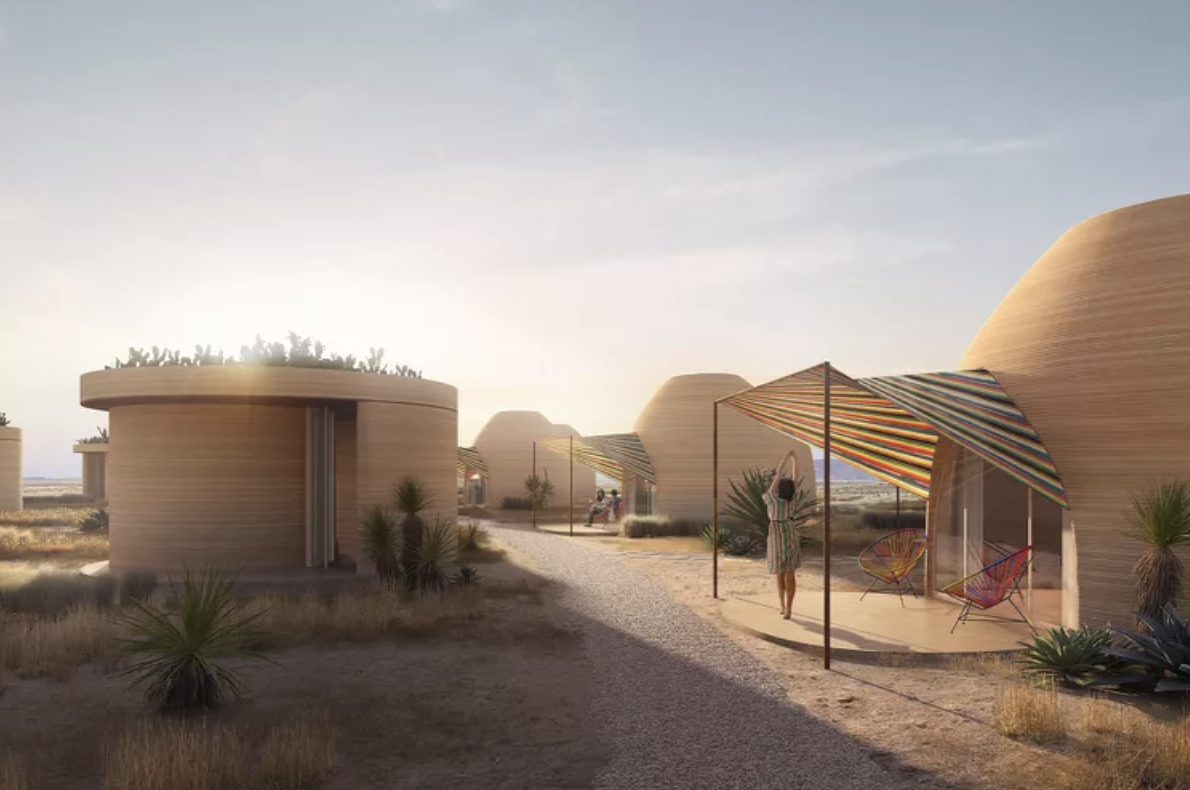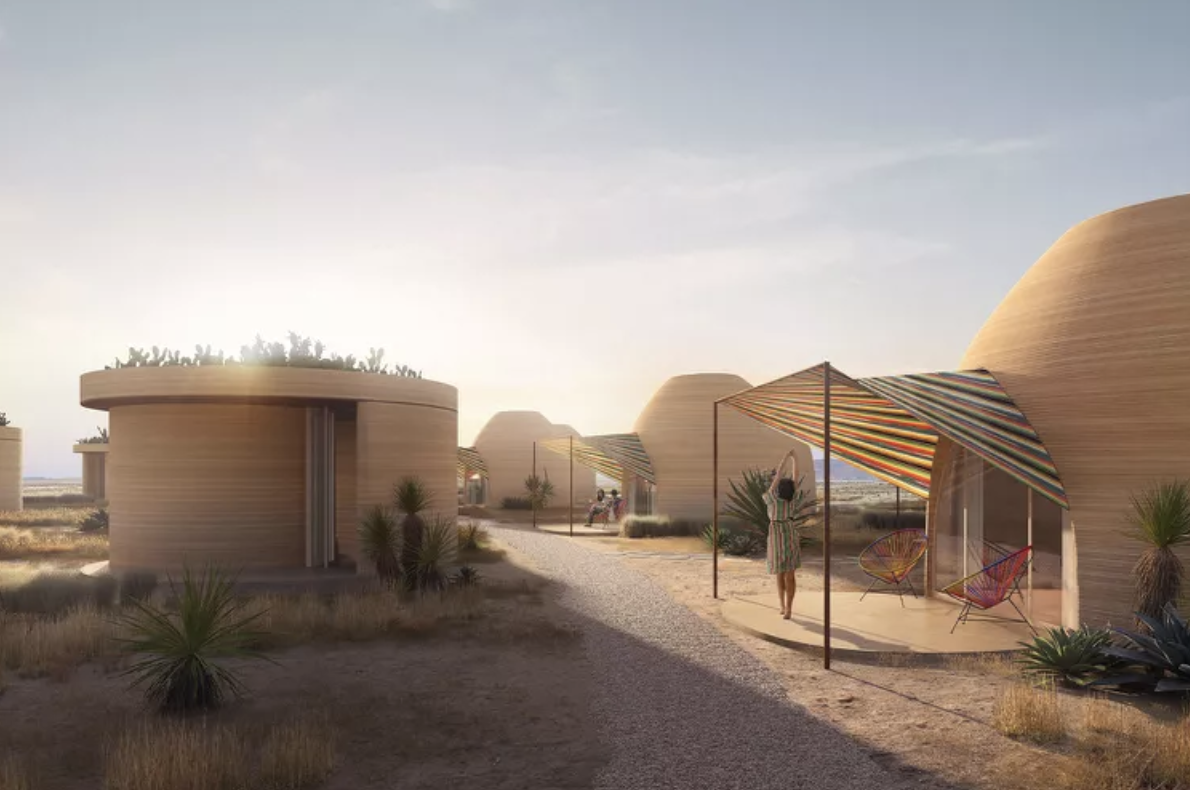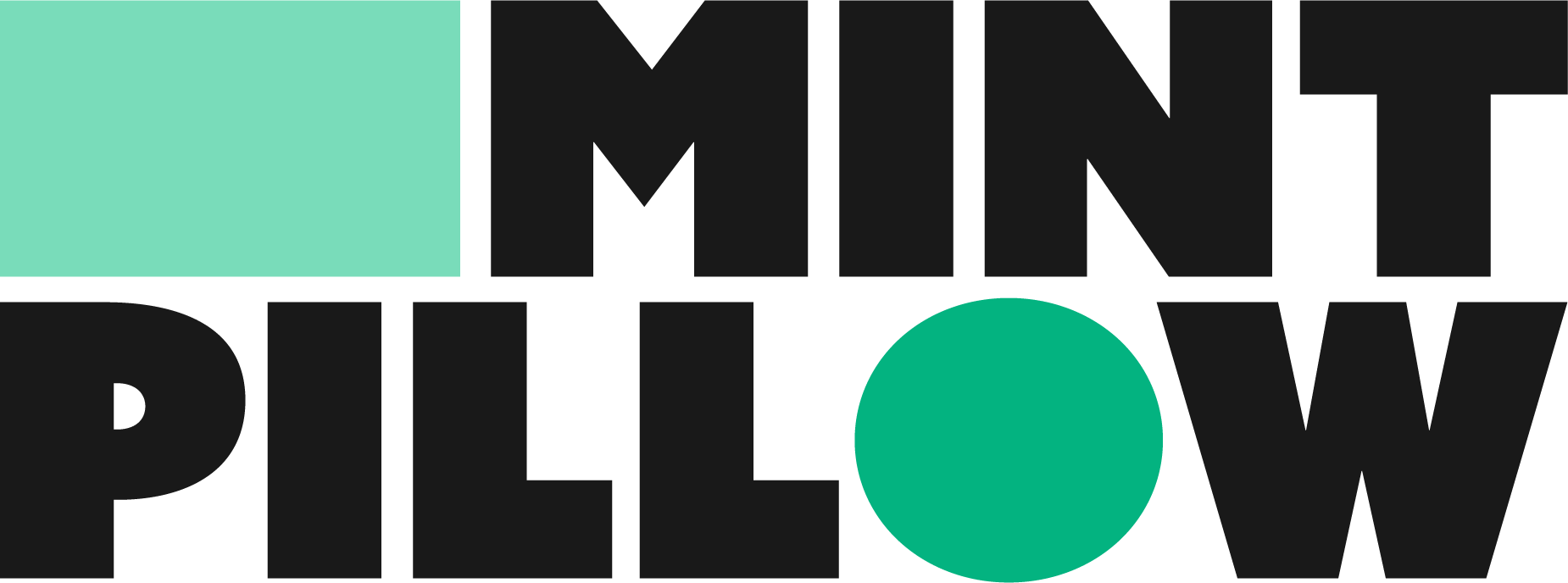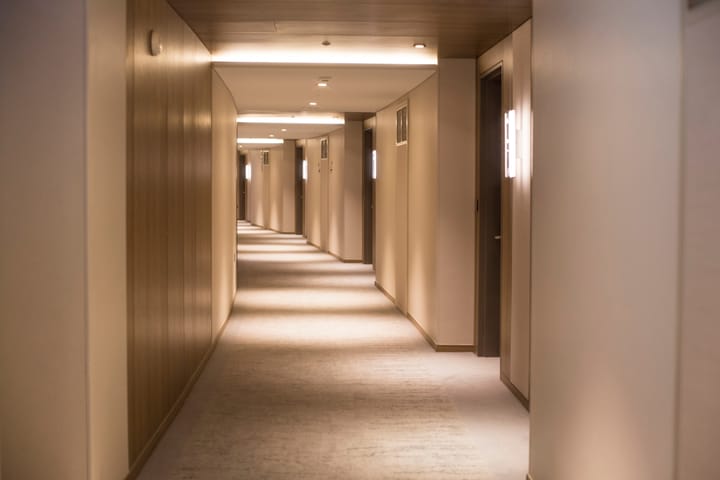The world's first 3D-printed hotel
Plus: Is the labor crisis easing?

This week, we're building the future of hospitality, one smart decision at a time. We're sharing brand management strategies that keep your hotel top-of-mind and the skinny on sustainability standards that matter to hotel investors and today’s eco-conscious travelers. Looking for information on the latest 3D printing innovations shaping the future of hotel design—literally? We've got you covered.

Room service—revived. Step aside, sad, soggy club sandwiches; in-room dining is getting a glow-up. James Beard Award-winning restaurants and Michelin-star chefs are raising the bar, breathing new life into “eating in.”
Aligning economies and experiences. Here are four compelling reasons to diversify your portfolio with hospitality investments.
Audience status: Engaged. Check out six drivers to capture the hearts of Gen Z and Millennial travelers.
Movie magic. To celebrate awards season, here are a few of the most famous hotels from everyone’s favorite feature films.
Streamlining search—will your hotel be found? Optimizing your hotel’s online presence to make the most of AI search comes down to these seven suggestions.

'A brand is more than just a logo or a tagline'
With a career dedicated to redefining both brand standards and brand strategy, Philipp Mirow is a driving force in hospitality. He played a pivotal role in elevating Choice Hotels’ luxury offerings as the director of upscale brands and founded Meridian Thinking, a consultancy that bridges hotel-centric creativity and strategic growth. Here, he shares why a brand is more than a logo, what trends he’s watching and how to bring genuine hospitality to life. Hint: “It’s all in the delivery.” -Jennifer Glatt
How can owners/operators utilize brand management to position their hotels for success?
A brand is more than just a logo or a tagline—it’s about consistently delivering on a promise that resonates with guests and stakeholders. Strong brand management ensures that every touchpoint, from service culture to design and marketing, reinforces a clear, compelling narrative. For owners and operators, successful brand management starts with aligning their property with guest expectations and market demand. A well-managed brand doesn’t just create recognition—it drives preference and profitability.
How can hotels work within brand standards to elevate their property?
Brand standards provide a foundation for quality and consistency, but they shouldn’t be seen as a barrier to creativity. The most successful hotels use them as a springboard to enhance their individuality. Whether it’s localized F&B offerings, culturally inspired service rituals or thoughtful room amenities, owners and operators can create a unique sense of place while staying true to brand guidelines. Elevate the guest journey by integrating experiences that go beyond the expected, like hyper-local partnerships that immerse guests in the destination. Many modern brand standards allow for local interpretation. By leaning into materials, colors and artwork that reflect the area’s heritage, properties can maintain consistency while feeling truly one-of-a-kind.
It’s all in the delivery. The best hotels go beyond scripted interactions and empower their teams to bring genuine hospitality to life in a way that aligns with the brand’s DNA. Authentic interactions will always win over those that feel canned.
What are some of the biggest headaches your clients come to you with?
Hotel owners and operators often face challenges in balancing brand expectations with operational and commercial realities. Many worry about properties feeling "cookie-cutter" within a larger brand. I help them find ways to maintain uniqueness while leveraging the strength of a brand. Many hotels struggle with making their restaurants, bars or retail spaces profitable. Through concept refinement and operational efficiencies, we help reposition these outlets for success. Particularly for independent hotels, standing out in a crowded market can be a challenge. I help them craft a clear value proposition and guest experience that resonates with their ideal travelers. At Meridian Thinking, our approach is always tailored—hotels are not one-size-fits-all, and neither are their solutions.
Are there any shifts or trends you’re keeping an eye on?
More travelers are looking for hotels with personality, and this has led to continued growth in soft brands and lifestyle properties. I’m curious to see the role of OTAs as curators, as well as collection brands emerging in more price-conscious chain scales. Guests expect increasingly tailored experiences; hotels that leverage AI for personalized recommendations, messaging and service delivery will stand out. With social groups more diverse than ever, the way people interact with each other is increasingly nuanced. They are seeking more inclusive spaces, connecting passively with others and forming more intimate bonds with individuals [who] share their niche values and interests. As hoteliers, we need to adapt our spaces to this changing way of connecting. The hospitality landscape is evolving, and those who embrace these changes strategically will thrive.

The Hotelier Advocate
American Hotel and Lodging Association (AHLA) is the only national association representing all segments of the U.S. lodging industry. AHLA works tirelessly to ensure hoteliers' voices are heard and that their needs remain a priority in policy conversations, from Congress to state capitals and city halls. AHLA has put a significant emphasis on specifically supporting independent hoteliers through new benefits and dedicated support on its membership team. Click here to inquire about joining.


New builds at the press of a button
Looking for faster, more cost-effective and sustainable building solutions (who isn’t)? The answer may be simpler than you think. Case in point: Construction for the world’s first 3D-printed hotel and development has officially begun in Marfa, Texas. El Cosmico 2.0, a campground hotel designed by BIG-Bjarke Ingels Group, will also include a pool, bathhouse, restaurant and private residences (as well as many of the tents and trailers from the original El Cosmico property, which will remain open until summer 2025) and is expected to be completed by 2026.
Why it matters: 3D printing technology is turning the construction industry on its head. Lower labor costs, material efficiency and improved structural integrity and durability are just a few of the benefits. Continuous, automated printing reduces downtime between construction phases, and the process is inherently energy efficient, reducing CO₂ emissions. Complex, organic designs that might be difficult (or expensive) with traditional methods are made possible by this technology. Talk about customization at scale! (People)
Above: A rendering of El Cosmico 2.0. (Courtesy)

Standardizing sustainability
Asian American Hotel Owners Association (AAHOA) and the Energy & Environment Alliance (EEA) have partnered to establish transparent, unified and comparable sustainability standards, benchmarks and performance metrics for the hotel and lodging sector. The special task force’s goal is to align the hospitality industry with globally recognized standards, including those set by the International Accounting Standards Board (IASB), International Financial Reporting Standards (IFRS), the International Sustainability Standards Board (ISSB) and interoperability with regulations like the European Union’s Corporate Sustainability Reporting Directive (CSRD).
Why it matters: Liquidity, asset values, the cost of capital and investment decisions are all affected by sustainability risks and opportunities. “In many jurisdictions, sustainable practices are becoming legal mandates,” says Ufi Ibrahim, CEO of the EEA. “The lack of harmonized standards and reliable benchmarks is problematic. By leading the development of robust and widely supported standards, the hospitality industry can avoid potentially counterproductive regulatory impositions.” The approach will enhance asset value and build investor trust in the industry’s future. (Hotel Business)

Integrating insights for better data connectivity
Open platforms and modern data-sharing technologies are changing the hospitality game, enabling hoteliers to create more personalized guest experiences through accessing real-time information and streamlined operations. However, “the true benefit of centralizing data in hospitality goes beyond simply organizing information; it’s about transforming how hotels operate and engage with guests,” says Lex Raleigh.
Why it matters: With the right information at your fingertips, you can recognize loyal guests, offer customized amenities and respond to service requests faster. Automating repetitive tasks and reducing manual reporting improves operational efficiency, while taking a look at performance trends can help you make data-driven decisions about pricing and staffing, leading to increased profitability. Better guest experience and more money in your pocket? Sounds like a win-win to us. (Otelier)

Is the labor crisis easing?
Employee availability and the cost of labor are still hindering hoteliers, though major markets with high population density seem to be faring better than their seasonal or remote counterparts. The available pool of talent does seem to be improving, but those improvements appear to be coming with less qualified applicants.
Why it matters: Retention seems to be the name of the game. Despite creative solutions such as staff housing for seasonal resorts and international student programs, keeping staff content is about more than money. “What we've found for the past two years [is] it has been about a flexible schedule,” says Toi Brown, senior vice president of human resources for Alpharetta, Georgia-based Hotel Equities. It also comes down to understanding the workforce and what kind of benefits would be most useful for them, she notes. Personalizing benefit offerings is an impactful way to support your staff. (CoStar)
💯 Enjoying Mint Pillow? Share it with a friend.
👋 Have a story idea or want to say hello? Email us at newsletter@mintpillow.co




